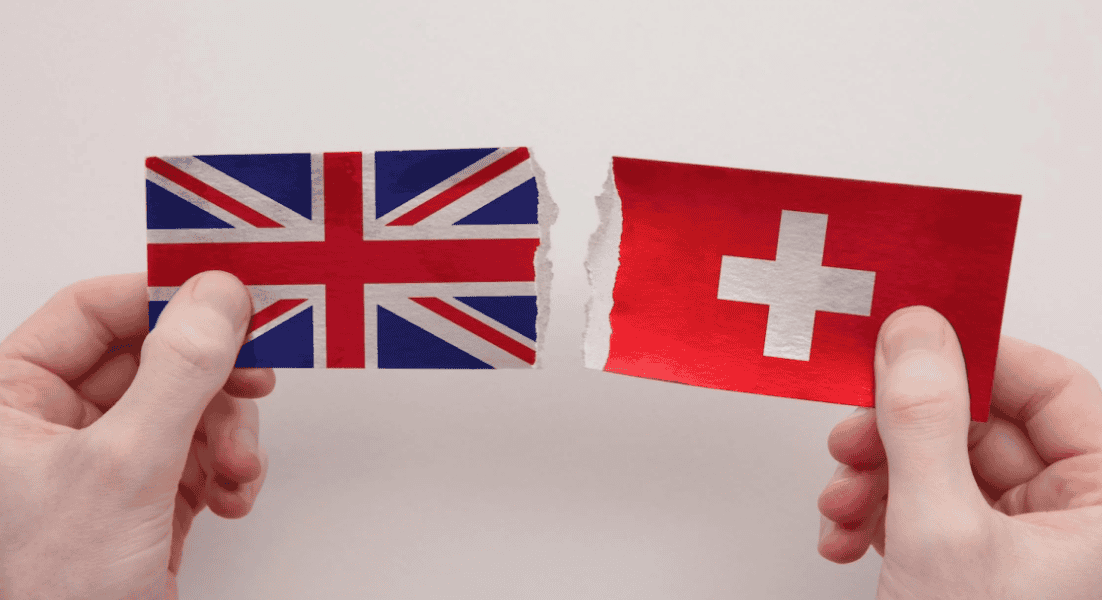The United States under President Donald Trump has adopted an ambiguous position on European security. Although no immediate risk of abandonment is apparent, European countries are rethinking their defence strategies in case the US declines to support them, or provides only partial support, in a crisis. This discussion is particularly sensitive in relation to nuclear weapons, the ultimate deterrent, for which European countries depend extensively on the United States.
We argue that a possible future US withdrawal from European nuclear security will force European countries to face a policy trilemma. If they stick to the existing policy framework of no proliferation and no joint deterrence, they expose themselves to nuclear blackmail, should the US withdraw its external guarantee. If they want to protect themselves from nuclear blackmail, they must choose how to provide nuclear security: either collective nuclear security, which would compromise some national sovereignty, or independent provision by individual countries, leading to nuclear proliferation in Europe.
Having established that uncontrolled proliferation is an inferior outcome to some form of joint deterrence, we identify four main alternatives: an extension of the Franco-British nuclear deterrent; an extension complemented by a jointly financed expansion of existing deterrence; the absorption of the French (and perhaps British) nuclear arsenals into a European arsenal; and the construction of a separate European submarine deterrent (with Europe using French or British technology or developing new technology). We also discuss briefly forms of non-nuclear deterrence, which however would likely be a complementary rather than a substitute for a nuclear deterrent. We compare these options using a set of parameters: strategic autonomy and credibility, changes to treaties (including non-proliferation), costs, capabilities and readiness. Our analysis shows that all options have advantages and disadvantages, but some are politically, financially and militarily more feasible.
Source : Bruegel







































































